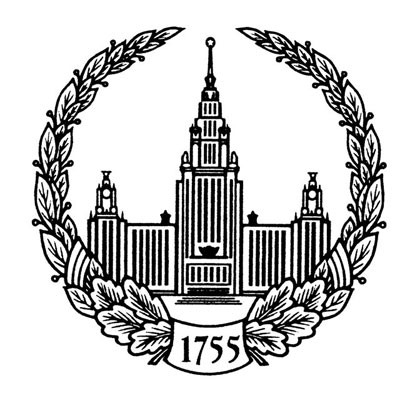
City
Moscow, Russia

City
Moscow, Russia

City
Moscow, Russia
Year 2019-2021
Sustainable development means development in which the impact of humanity on the environment does not go beyond the natural possibilities of nature. The most important tool for sustainable development is education, as noted by the UN, UNESCO, the European Economic Commission and other international organizations. The scientific novelty of the project is to substantiate the education system for sustainable development at the international, national and institutional levels on the basis of foresight.
A series of articles, as well as a monograph “Education for Sustainable Development in action” are planned for publication.
To substantiate theoretically, design and verify the concept of continuing education for sustainable development, including:
Russian Foundation for Basic Research, grant No. 19-013-00722.
Dmitry Ermakov

City
Moscow, Russia

City
Moscow, Russia

City
Moscow, Russia